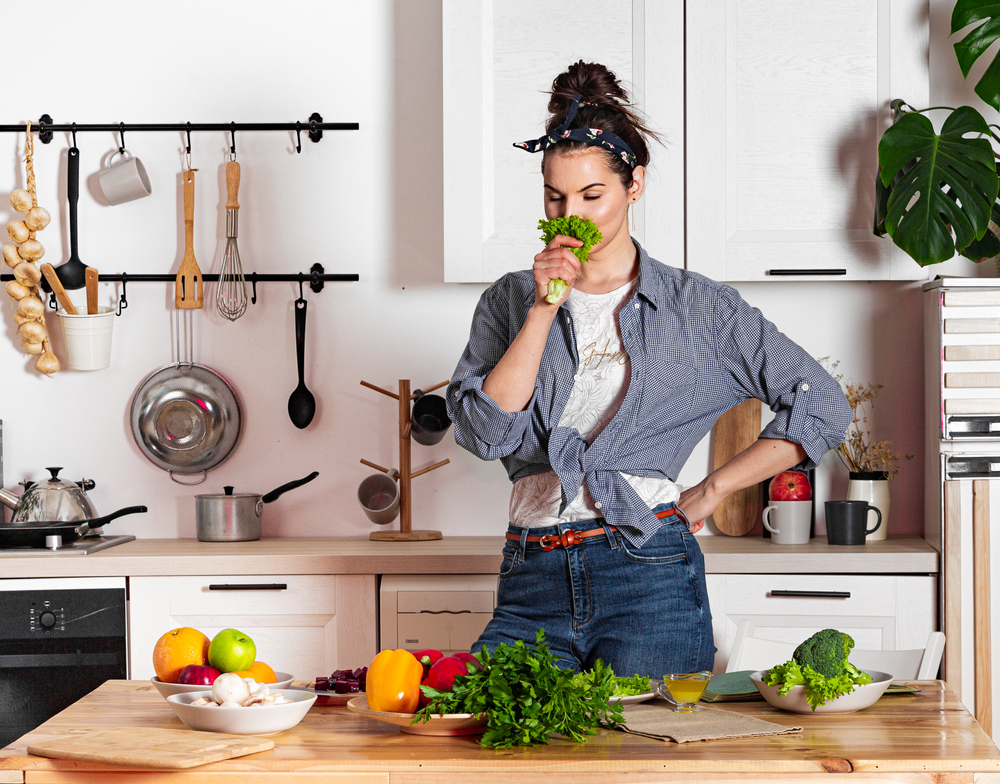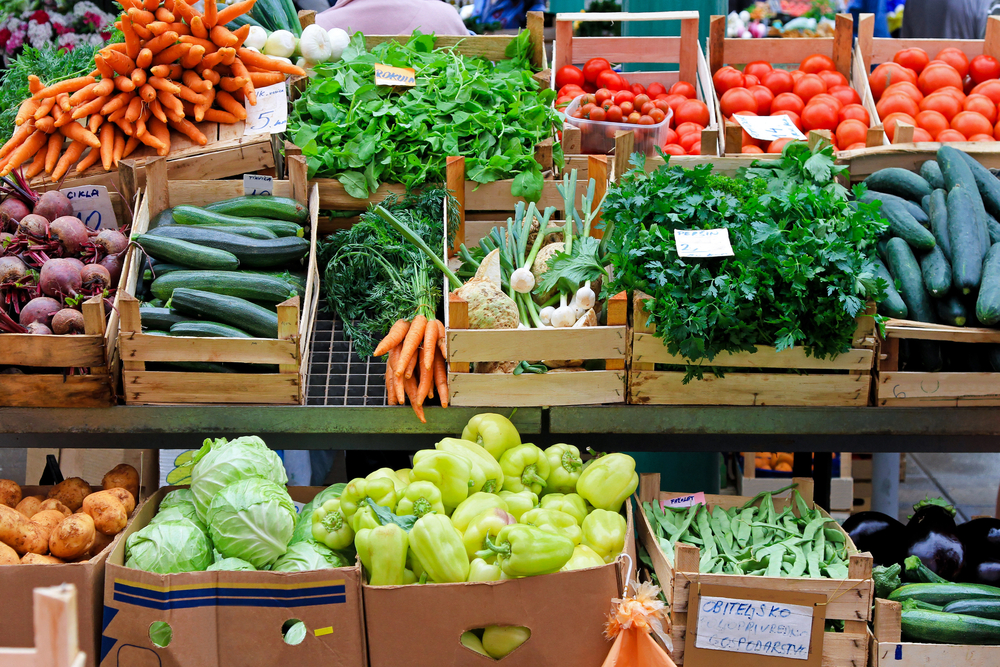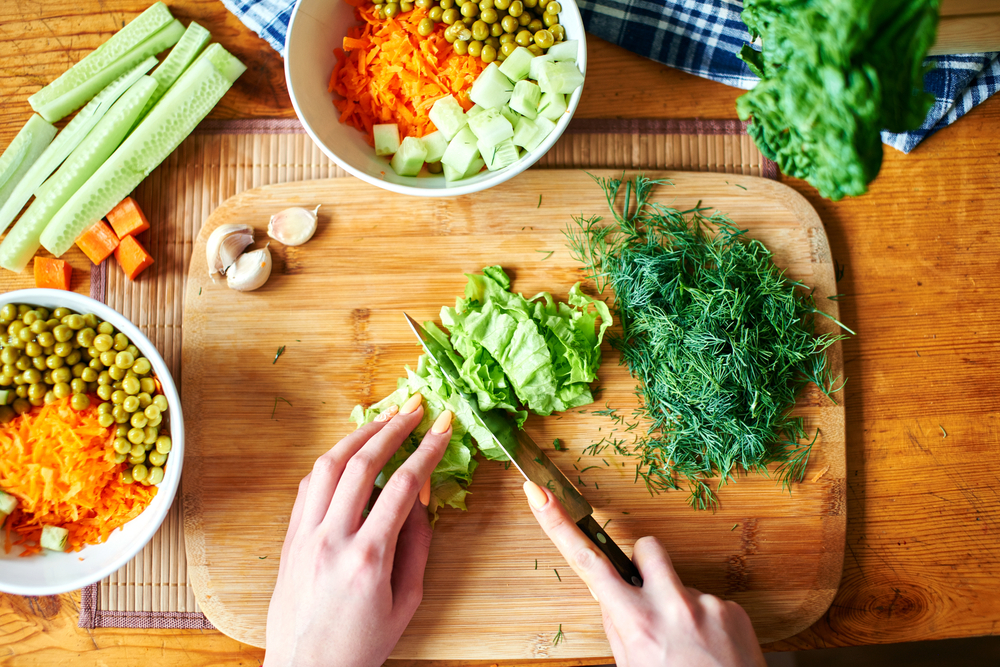It’s no secret that there has been a surge in home cooks as of late. Residents everywhere are becoming masters of bread making, cake decorating, and gourmet meal prepping.
This return to the kitchen not only benefits our bellies but also has a positive impact on the environment. It eliminates packaging from takeout, travel to restaurants, and most importantly, lets you prepare food on your own terms and in a sustainable manner.
If you have yet to conquer the art of eco-friendly cooking, here are a few ways you can put your green foot forward when preparing your next meal.
Take Inventory

According to the FDA, food waste is the largest category of material that is found in municipal landfills. When scraps end up in these landfills, they rot and emit methane into the air, a greenhouse gas contributing to global warming.
An easy way to decrease discarded food is to take inventory of what you have. When you’re aware of the groceries in the fridge, you can easily plan meals that utilize what’s already there. To easily visualize your inventory, place all perishable items in the same spot. Foods that will turn quicker should be in the front while those with a longer shelf life should be in the back.
Celebrate Meatless Mondays

You don’t have to go full vegan to dabble with plant-based living. If everyone in the United States cut out meat or dairy for just 1-2 days a week, we would see a significant drop in carbon emissions. Therefore, welcome more veggies into your diet with Meatless Mondays. Not only will you put a smile on the face of our environment, but you will discover a variety of exciting new recipes.
Consider Packaging

When it comes to eco-friendly cuisine, it’s important to not only assess the food you eat but also the packaging it comes in. A high percentage of food is wrapped in plastic or other harmful materials for our environment. While it can be challenging, choosing food that’s packaged in glass or eco-friendly materials can drastically decrease your carbon footprint. A few beneficial steps you can take are shopping in bulk, bringing your own containers, and visiting farmers markets where vendors don’t package their goods. When you do purchase unpackaged goods, remember to wash them thoroughly before consuming.
You can give these eco-friendly tips a try when preparing these summertime meals that were recently featured here on our blog.
Are you looking to embark on an eco-friendly lifestyle from a new apartment? Contact the team at Lincoln today and we would be happy to arrange a tour at a nearby community.

